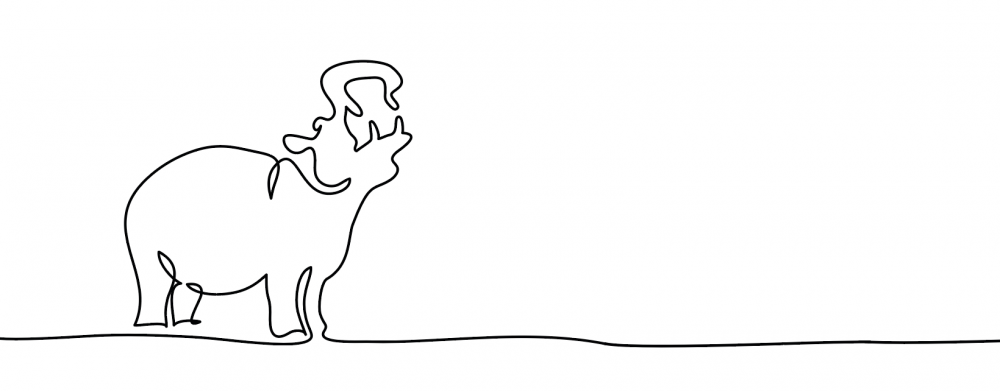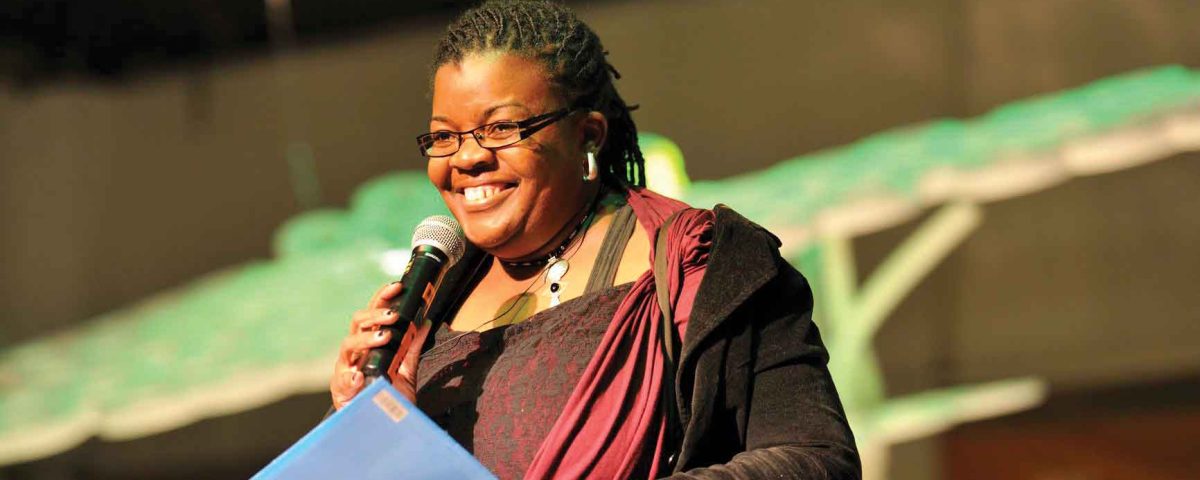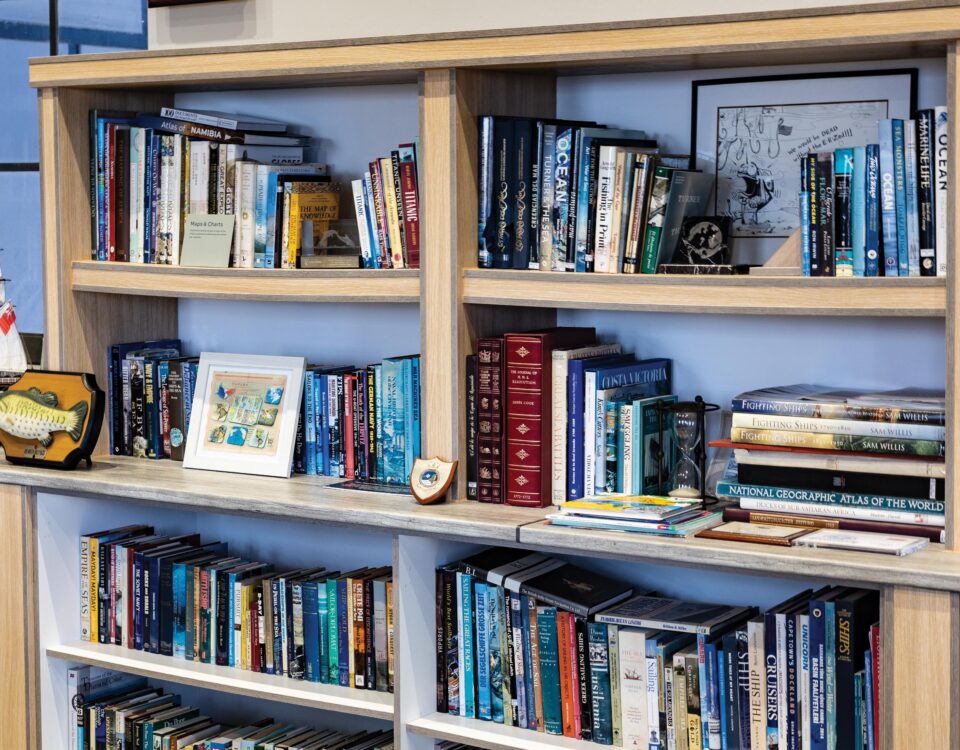
Once upon a time there was a hippo in Khaudum
April 24, 2019
MELE FARMSTALL
April 24, 2019Maxi Louis
In an era when there were few opportunities for black women, and even fewer for a career based on one’s passion, Maxi Louis managed to follow her heart into tourism. Today, Maxi is a multi-award winning conservationist and one of the pioneers in setting up Namibia’s internationally acclaimed Communal Conservancy Programme. As the director of NACSO, the Namibian Association for Communal Conservancy Support Organisations, she works with the private sector, government, communities and decision-makers to find common ground and implement communal conservancy policies that encourage sustainable utilisation development and the conservation of Namibia’s natural resources.
Maxi grew up in Katutura prior to Namibia’s independence. As she says, during those days schools offered the opportunity to become a teacher or a nurse, or to go into agriculture. With no interest in either nursing or teaching, she opted for the latter and was granted a bursary to study agriculture first at the Academy, now NUST (Namibia University of Science and Technology), and then in Australia. It was during her time in Australia that she rediscovered her true passion: tourism, and more specifically community-based tourism.
What made her want to give back to her fellow human beings was the inherent belief in humanity, something she says she learnt from her mother: “My mother was a great inspiration in my life.” Maxi wanted to find a way to use her education to help people like herself, young women her age as well as older people who thought they had nothing left in life. Her take on education is clear: “You must make sure that you educate yourself, to make a difference in somebody’s life.”
Maxi’s mother was a domestic worker at a bed and breakfast. During school holidays Maxi would help her and thus came into contact with tourists who opened her mind to what Namibia had to offer to outsiders, who were coming from all over the world to experience the nature and wildlife that she herself had not yet had the chance to see. During her stay in Australia the development of community-based tourism projects caught her attention, and she was inspired to take back home what she was learning about how rural communities could get involved in tourism and benefit from it.
Ahead of her time, Maxi consequently became a founding member of an organisation called the Community Based Tourism Association. And even though it felt as if development was edging forward very slowly, she concedes that looking back she can see the impact of her work. She has since been honoured for her work with numerous accolades and awards, but above all she is proud that she has been able to make a difference for communities, for people who believed there was no future for them. For her the “biggest highlight is seeing that we have so much land under conservation in this country. We fought to get the land protected, to make sure that our kids can see wildlife, can see their environment in a different way – that is the biggest achievement in my life.”
“Namibia is beautiful, it’s something that I think nobody can take away from us, but we need to work hard to protect it.”


